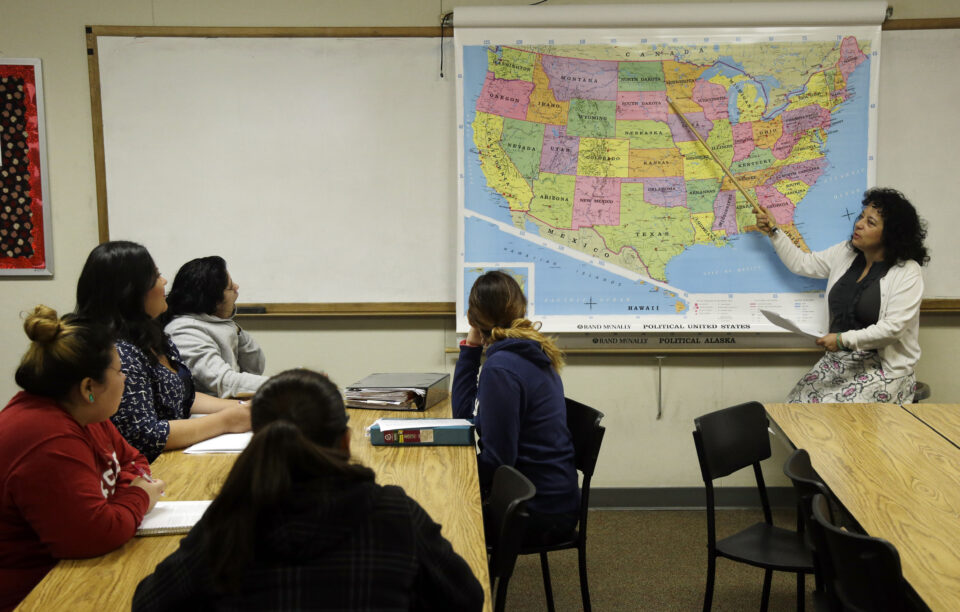California Invests Billions in Education to Address Pandemic Impact, But Faces Mixed Results.
California allocated billions of dollars in 2023 to support students academically and emotionally in their recovery from the pandemic, with varying outcomes. While efforts to entice students back to in-person learning appeared to be effective, standardized test scores remained stagnant, showcasing little improvement from the previous year and falling significantly behind pre-pandemic scores. One contributing factor is the rising number of students facing poverty, homelessness, foster care, or disabilities. Additionally, although a new school dashboard showed advancements in graduation and absenteeism rates, overall student achievement remained largely unchanged.
Concerns have been raised regarding the lack of progress, raising doubts about whether financial investments alone are enough to drive improvements in test scores, particularly those from low-income backgrounds. Christopher Nellum, executive director of Education Trust-West, a research and advocacy nonprofit, expressed apprehension, emphasizing the need to enhance accountability measures and prioritize student achievement not only in California but across the nation.
Despite these challenges, the state saw a notable increase in student attendance in 2023. The previously dismal rates saw significant improvement, thanks in part to initiatives such as providing gourmet meals, expanding transitional kindergarten, and making schools more inclusive. Some districts even took the extra step of sending social workers and counselors door-to-door to emphasize the importance of daily school attendance to families.
California has also established long-term investments aimed at fostering improvement for the coming years. These include the creation of numerous community schools offering social services to students and families, the introduction of a math framework based on successful techniques employed in countries with high math achievement, a fresh literacy plan, dyslexia testing, and the allocation of up to $1 billion annually for arts programs through Proposition 28. Efforts to recruit and retain teachers, who have been leaving the profession due to unfavorable working conditions worsened by the pandemic, inadequate salaries, and the high cost of living in California, have also received state support.
In 2023, several California school districts made headlines when voters elected conservative majorities to local school boards. Examples include Chino Valley, Murrieta, and Roseville, among others, which implemented “forced outing” policies obligating teachers to disclose if a student identifies as a different gender. Temecula, another district, banned a textbook referencing the renowned gay rights icon, Harvey Milk. Despite opposition from state officials, these policies ignited debates concerning local control and LGBTQ+ student rights that are expected to continue throughout 2024, fueled by election-year politics.
Jorge Reyes Salinas, communications director for Equality California, a civil rights organization focused on LGBTQ+ issues, expressed concerns about the spreading of anti-LGBTQ+ policies and emphasized the importance of counteractive measures to safeguard young people.
Looking ahead to 2024, California schools face fiscal uncertainties. The expiration of Covid relief funding and a potential reduction in the state budget will force schools to make difficult decisions regarding programs, staffing, and priorities. These cuts may hinder California’s efforts to improve test scores and attendance, both of which remain significantly below pre-pandemic levels. Furthermore, as the state heads into an election year, divisive issues related to LGBTQ+ student rights, part of the ongoing “culture war,” are likely to escalate.
In summary, although some improvements have been observed, the data indicates that students in California continue to face significant challenges across multiple fronts. State officials are now contesting recent board decisions concerning LGBTQ+ students, highlighting the existing tension between local control and statewide policies. As California moves forward, addressing these issues and overcoming the lingering impact of the pandemic remain key priorities for the education system.


